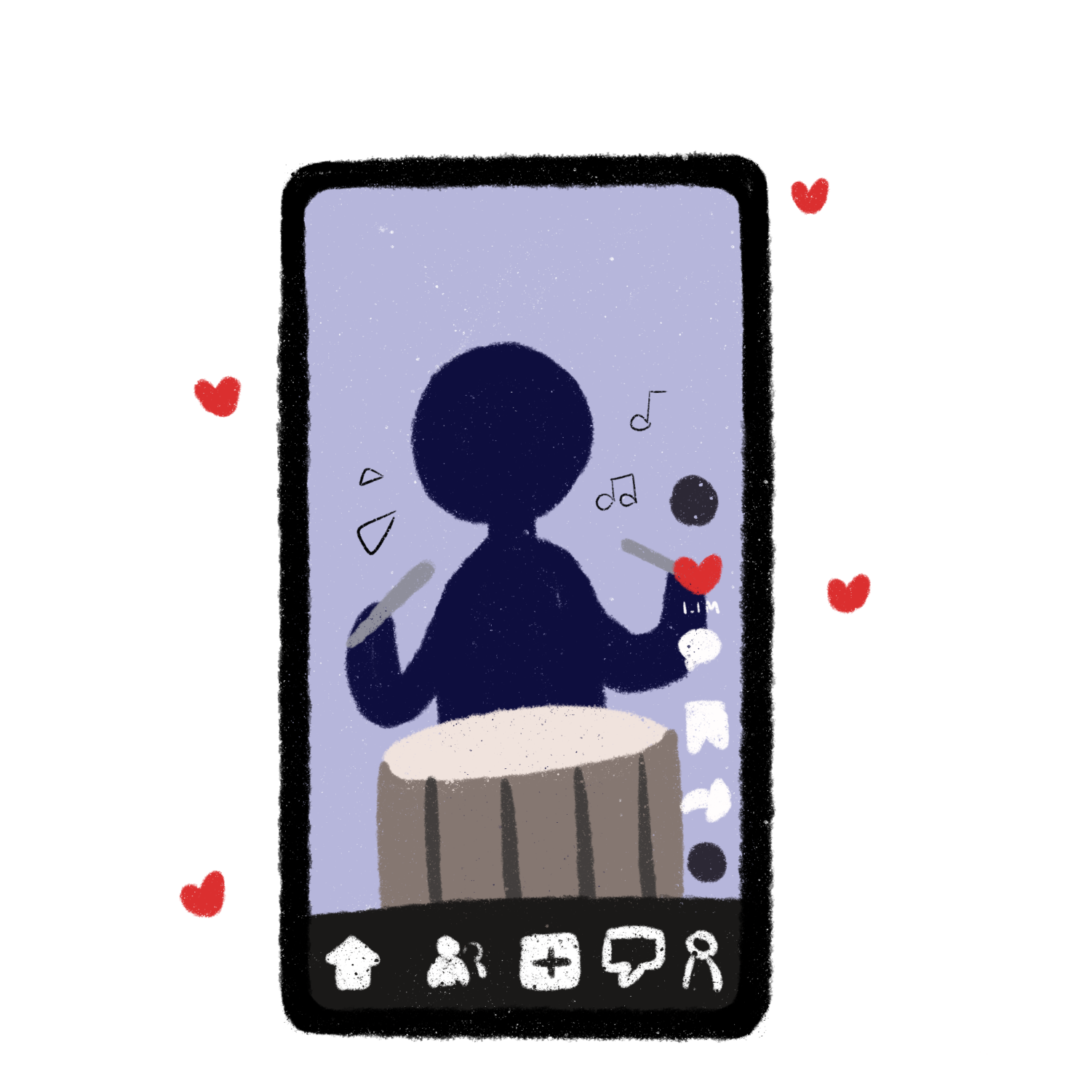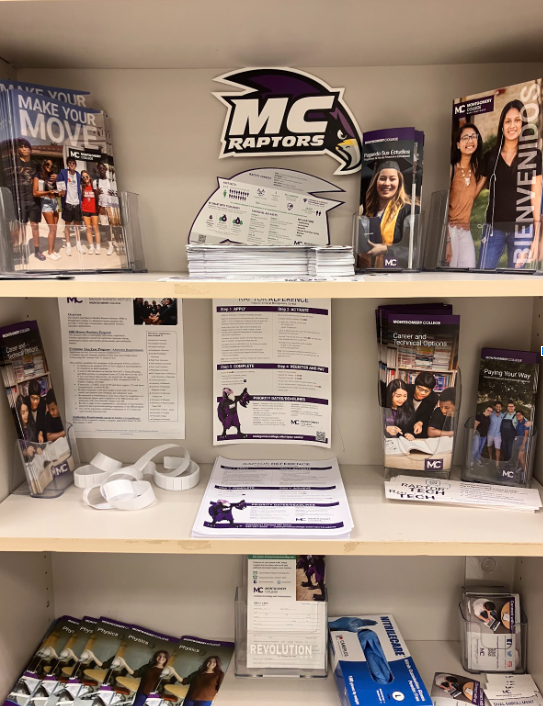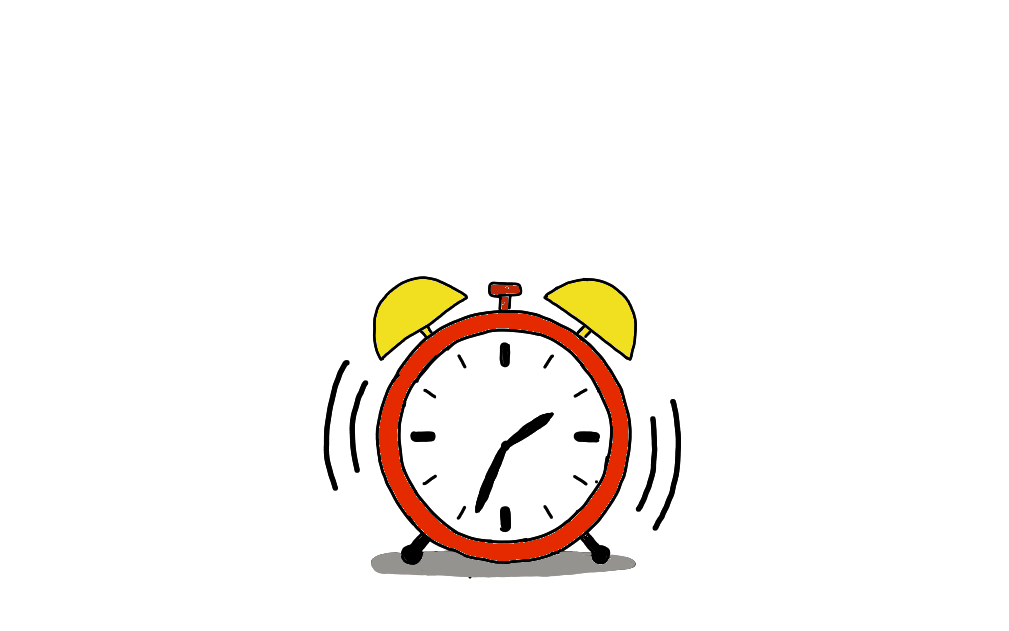Whether you hate it or love it, TikTok has become a staple in American culture. It’s everywhere, from influencer “Get ready with me” trends to dances in public. But despite its entertainment value, TikTok is yet again at the forefront of political controversy.
After efforts for a federal ban of TikTok, President Joe Biden signed a law in April 2024 that would ban TikTok if its current owner, ByteDance—a Chinese company—does not sell the platform by mid-January of 2025. Now, TikTok’s new legal pressures include a lawsuit from the U.S. Justice Department for neglecting to protect children’s privacy, as well as lawsuits from 13 states and the District of Columbia, for using intentionally addictive programs. These issues beg the question: Will a nationwide TikTok ban truly benefit Americans?
TikTok claims that a nationwide ban of the app would violate First Amendment rights to free speech for all its American users. And many Americans agree. In March of 2024, the American Civil Liberties Union wrote, “TikTok is home to massive amounts of protected speech and association…jeopardizing access to the platform jeopardizes access to free expression.” Still, TikTok is not unique in its ambition to be an online platform of free speech. “I guess that would only really apply if Tiktok had a specific audience that exclusively used the app and it was the only way that [people] could exercise their free speech rights,” senior Ella Van der Walde said.
However, the U.S. government is not attempting to ban TikTok for its content. Rather, the central issue is whether ByteDance is illegally using American data for its gain as a Chinese company. According to NPR, “the Biden administration has outlined in broad terms that TikTok’s link to a Chinese tech company is a national security concern, but whether the Chinese government has ever accessed Americans’ data, or influenced the app, has been left secret.” Federal officials note laws that permit the Chinese government to ask for data from Chinese companies for intelligence-gathering reasons. “[It] is extremely valuable to a foreign adversary trying to compromise the United States,” Department of Justice lawyer Daniel Tenny said.
Although there is cause for concern over data collection, TikTok is not the only application that stores user data. “I think there are other companies too, who clearly also use our data,” AP Psychology and IB Social and Cultural Anthropology teacher Carlos Montalvan said. This data, companies boast, is for the purpose of improving user experience and tailoring content to individual consumers.
Regarding the lawsuits on user health and safety, TikTok spokesperson Michael Hughes has stated that its safety features include screen time limits and default privacy settings for children under 16. “To that end, we offer age-appropriate experiences with stringent safeguards, [and] proactively remove suspected underage users,” Hughes added. Yet, critics say that these do not effectively control content consumption or challenge claims that addictive software harms adolescents. “We’re hypnotized to our phones, and that’s not by accident,” Mr. Montalvan said. These lawsuits have highlighted growing concern that social media companies do not value consumer safety over profit.
But students—direct consumers of TikTok—seem to have a different perspective. “I think it’s more of an individual or familial issue, rather than something the government should be regulating,” Van der Walde said. “Parents should be teaching their kids how to be responsible online, or not allowing them to get the app at all,” she added. Nevertheless, children are still able to skirt around parental rules, which validates the concerns discussed above.
One easy example can be seen from the simple act of creating a TikTok account. If a minor under 13 attempts to create an account with a birthdate demonstrating they are under 13 years old, it is true that the app would reject them. However, if they tried again using a different birthdate, TikTok would still allow them to create an account, even with the information that the user is indeed a child.
Ultimately, banning TikTok is not as simple as it may seem. It’s a multifaceted issue, circulated by both supporters and critics. “At the end of the day, people are one hundred percent valid in stating that they can choose to do what they want with their technology,” senior Elani Bui said. What happens to TikTok in the U.S. remains to be seen, but it will continue to be an integral part of American society until then.
If you would like to voice your opinion on an issue you feel is relevant to our community, please do so here. Anyone is able and welcome to submit a Letter to the Editor, regardless of journalistic experience or writing skills. Submissions may be published either online or in a print issue.








